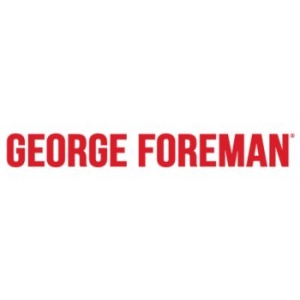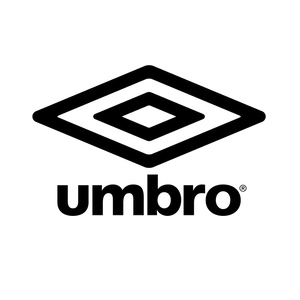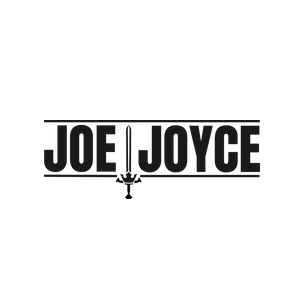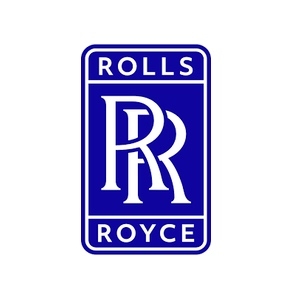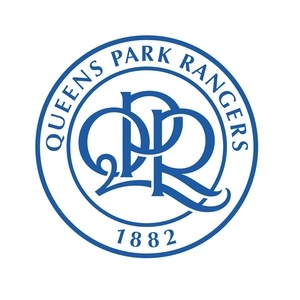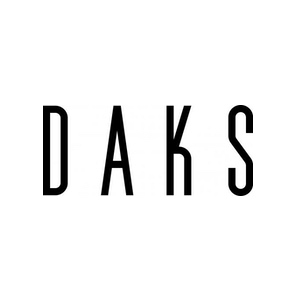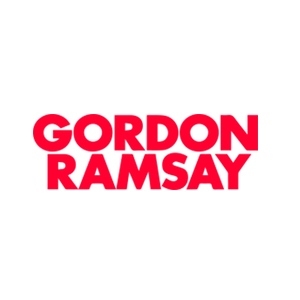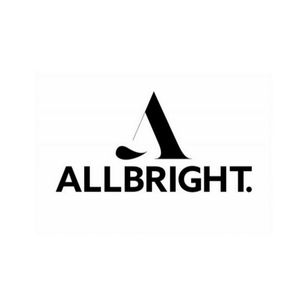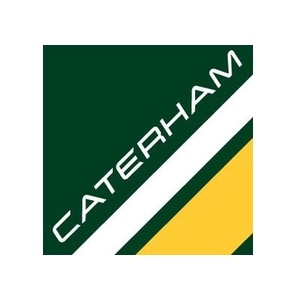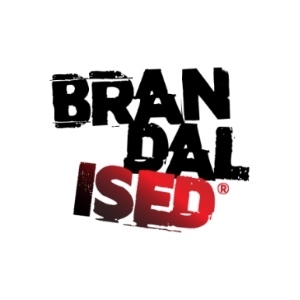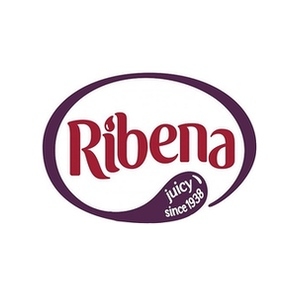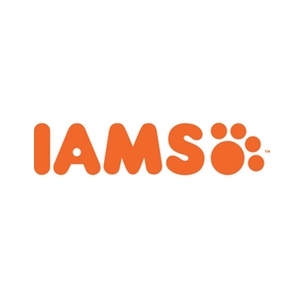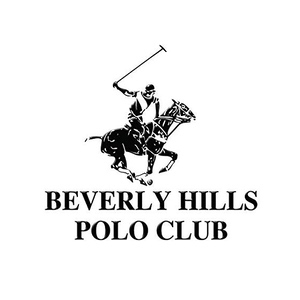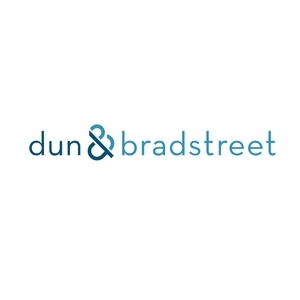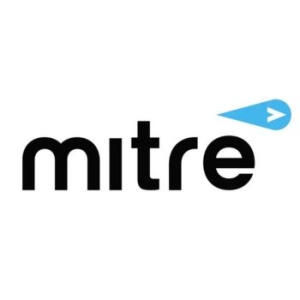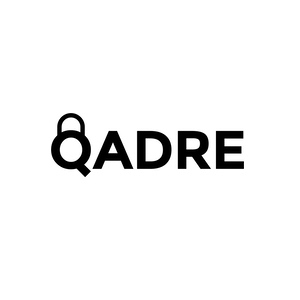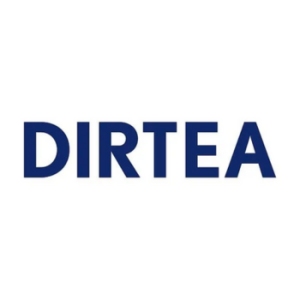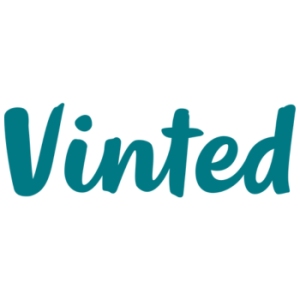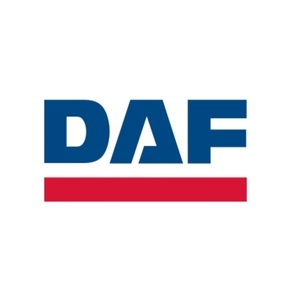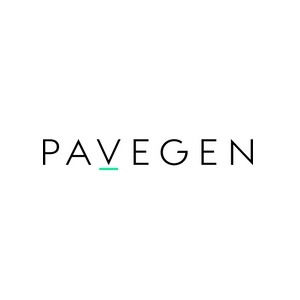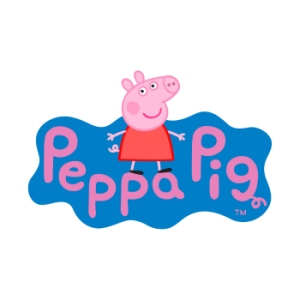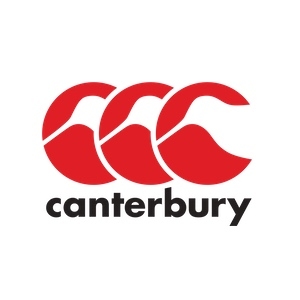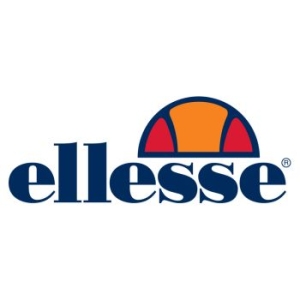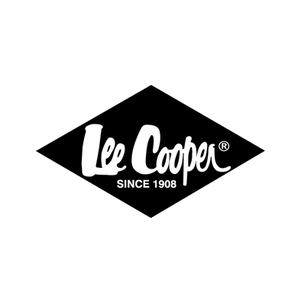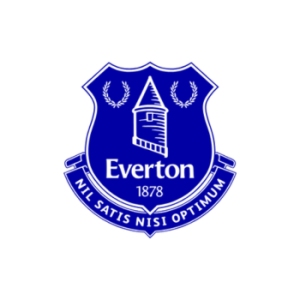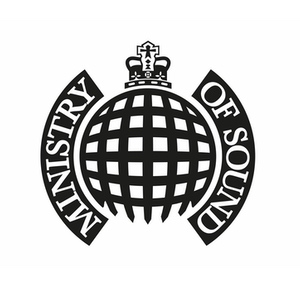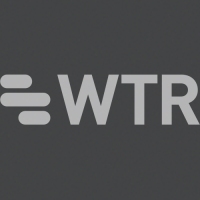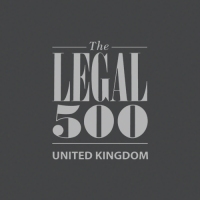Search-a-brandPowered by BRANDSMITHS
Search-a-brand assists you in researching, choosing and building a brand for your company, service or product. Try it out and search with the intended name!
INTELLECTUAL PROPERTY GLOSSARY
Intellectual Property: Intellectual property (IP) is a term used to refer to creations of the mind and creative efforts which are protected by a range of legal rights such as copyright, designs, trade marks and patents.
Copyright: Copyright is a type of intellectual property right that protects original works expressed in a tangible form such as drawings, books, music and movies, and conveys exclusive rights on the owner in respect of those works.
Trade Marks: A trade mark is a badge of origin which helps to distinguish the brand, and goods and services, of the trade mark owner from others. A trade mark includes a word, a logo, a slogan, a smell, or a sound.
Patents: a patent is an intellectual property right which protects inventions and gives the owner the exclusive right to make use and sell the invention for a set period.
Trade Secrets: trade secret is a type of intellectual property that includes information that has been kept confidential and includes recipes or formulas, that gives a business an advantage over competitors. It's protected through secrecy.
Infringement: Infringement occurs when a third party uses the IP of someone else without the IP owner’s permission.
Licensing: Licensing is when the owner of IP gives permission to others to use or otherwise deal in it, in exchange for payment or other consideration.
Fair Dealing: Fair dealing is a legal principle which allows limited use of something protected by copyright without permission, often for purposes like criticism, review, or education.
Cease and Desist: A cease and desist letter is legal correspondence usually sent by a lawyer to stop infringement of intellectual property and with the aim of avoiding further legal action.
Inventor: An inventor is someone who creates a new product or process and is usually the owner of the patent.
Infringement Claim: An infringement claim is a legal complaint filed by an IP owner with the Court against someone they believe is using their IP without permission.
IP Portfolio: An IP portfolio is a collection of an individual or company's intellectual property assets, such as patents, designs (registered and unregistered) trade marks, and copyrights.
Trade Dress: Trade dress refers to a product's unique visual appearance or packaging that can be protected as a trademark.
Domain Name: A domain name is the web address used to access websites and can be considered intellectual property.
Counterfeit: Counterfeit refers to fake or imitation products that infringe the original owner’s intellectual property rights such as trade mark, design and copyright.
WIPO: WIPO stands for the World Intellectual Property Organization, an international agency that helps protect IP worldwide.
UKIPO: UKIPO stands for the United Kingdom Intellectual Property Office, the national agency responsible for IP rights in the UK.
Priority Date: The priority date is the date on which an applicant for a trade mark, design or patent first filed their application, and if satisfying certain criteria, they can claim “priority” from that earliest filing date in subsequent applications.
Non-Disclosure Agreement (NDA): An NDA is a legal contract that ensures confidential information is not shared without permission, often used in IP discussions.
Trade Mark Registration: Trade Mark registration is the process of officially filing and securing a trade mark which is recorded on an intellectual property register; in the UK this is the UKIPO.
Design Rights: Design rights are automatic protections concerned with the appearance of a product. They can refer to the whole or part of a product from the lines, shapes, colours, texture or material of the product. Even if you haven't officially registered them, they provide limited safeguards against others copying the design.
Registered Design: A registered design right is a legal protection that gives exclusive rights to the appearance or design of a product you've officially registered, preventing others from making, selling, or using a similar design without permission.
EUIPO (European Union Intellectual Property Office): The European Union Intellectual Property Office is an organisation that grants and manages intellectual property rights, including trademarks, in the European Union.
EUTM (European Union Trade Mark): An EUTM is a trade mark registered with the EUIPO, providing exclusive rights to use the mark throughout the European Union.
UKTM: A UKTM is a trade mark registered with the UK Intellectual Property Office, granting exclusive rights to use the mark within the United Kingdom.
International Registration: International registration is a process allowing the protection of intellectual property rights, like trade marks, in multiple countries through a single application.
IP / IPR (Intellectual Property/Intellectual Property Rights): IP, or IPR, commonly refers to legal protections for creations of the mind, including patents, trademarks, and copyrights. Confidential Information (or misuse of confidential information)
Confidential Information (or misuse of confidential information): Confidential information is private data or knowledge that should be kept secret, and misuse involves unauthorised disclosure or use of this information.
IP Litigation / Intellectual Property Litigation: IP litigation, or intellectual property litigation, involves legal disputes over intellectual property rights, such as patents or trade marks.
Defamation: Defamation is the act of making false statements that harm a person's reputation.
Malicious Falsehood: Malicious falsehood is spreading false information about a person or business with malicious intent to harm their reputation.
Passing Off: Passing off is a common law right in the UK which is used to prevent others from misrepresenting their products or services as those of another business, causing confusion in the market.
Goodwill: Goodwill is an intangible asset and is the positive reputation and value a business earns over time due to its quality, products, or services such as customer loyalty and brand reputation.
Misrepresentation: Misrepresentation is providing false or misleading information that leads someone to make a decision they wouldn't have otherwise made.
Get-up / trade dress: Get-up, or trade dress, refers to the unique visual appearance and packaging of a product or business, which can be protected as part of intellectual property.
Likelihood of confusion: Likelihood of confusion is a legal concept used to assess if consumers might be confused between two similar products or services, often in trade mark disputes.
Assignment of Intellectual Property: Assignment of intellectual property refers to the transfer of ownership or rights of intellectual property from one party to another, often through a legal agreement.
Exploitation of Intellectual Property: Exploitation of intellectual property means making use of IP rights to generate revenue or benefit from the creations or inventions.
Trade Mark Portfolio Management: Trade mark portfolio management involves overseeing and strategically managing a collection of trade marks owned by a business to protect and leverage its brands effectively.
Trade Mark Clearance Search: A trade mark clearance search is a process of checking whether a proposed trade mark is already in use or registered by others, helping to avoid potential infringement issues.
Trade Mark Prosecution: Trade mark prosecution involves the legal process of applying for, and securing trade mark registrations with the relevant authorities, to include dealing with objections from the IPO and third parties.
Trade Mark Infringement: Trade mark infringement occurs when someone uses a registered trade mark without permission, violating the exclusive rights of the trade mark owner.
Letter Before Action: A letter before action is a formal letter sent to a potential infringer to warn them of impending legal action if they do not cease their infringing activities.
Trade Mark Opposition: Trade mark opposition is a legal procedure allowing third parties to challenge the registration of a trademark by filing an action with the IPO.
Trade Mark Cancellation: Trade mark cancellation is a legal process to invalidate or revoke a registered trade mark.
Bad faith: Bad faith refers to dishonest or unethical intent, often associated with malicious actions such as infringing intellectual property intentionally. Bad faith can form a basis on which to oppose the use or registration of a trade mark, or declare the same invalid.
Monopoly Right: A monopoly right grants exclusive control over the use of intellectual property, preventing others from using it without permission.
Co-existence agreement / Settlement agreement: A co-existence or settlement agreement is a legal contract where parties with conflicting intellectual property rights agree to coexist peacefully and define the terms of their coexistence.
IP Audits: IP audits involve systematic reviews of a company's intellectual property assets, helping to identify, assess, and manage IP for strategic and legal purposes.
UDRP (Uniform Domain-Name Dispute-Resolution Policy): UDRP is a process used to resolve disputes over domain names, particularly cases involving trade mark infringement or cybersquatting.
Damages and Account of Profits: Damages refer to monetary compensation awarded to the injured party in intellectual property disputes, while an account of profits assesses and awards the profits gained by the infringing party.
Injunction: An injunction is a court order that prohibits a party from engaging in certain actions, often used to prevent intellectual property infringement.
Madrid Protocol: The Madrid Protocol is an international treaty that simplifies the process of registering trade marks in multiple countries through a single application.
Unified Patent Court (UPC): The UPC is a proposed international court that would handle disputes related to unitary patents in Europe, streamlining the patent litigation process.
Unitary Patent: A unitary patent is a type of European patent that provides uniform protection across multiple EU member states with a single registration.
PCT (Patent Cooperation Treaty): The PCT is an international treaty that simplifies the process of filing patent applications in multiple countries by providing a centralised application procedure.
USPTO (US Patent and Trademark Office): The USPTO is the United States government agency responsible for granting and overseeing patents and trademarks within the United States.
Novelty/Inventive Step: Novelty refers to the requirement that an invention is new and not previously disclosed, while the inventive step assesses whether an invention involves a non-obvious advancement over existing technology.
Prior Art Searches: Prior art searches involve researching existing patents, publications, and other information to determine if an invention or idea is novel and inventive before applying for a patent.
Brandsmiths is a trading name of Brandsmiths S.L. Limited which is authorised by the Solicitors Regulatory Authority, SRA No: 620298. Founding Partner: Adam Morallee
Privacy and Cookie Policy | Terms and Conditions | Complaint Procedure | Site by: Elate Global





